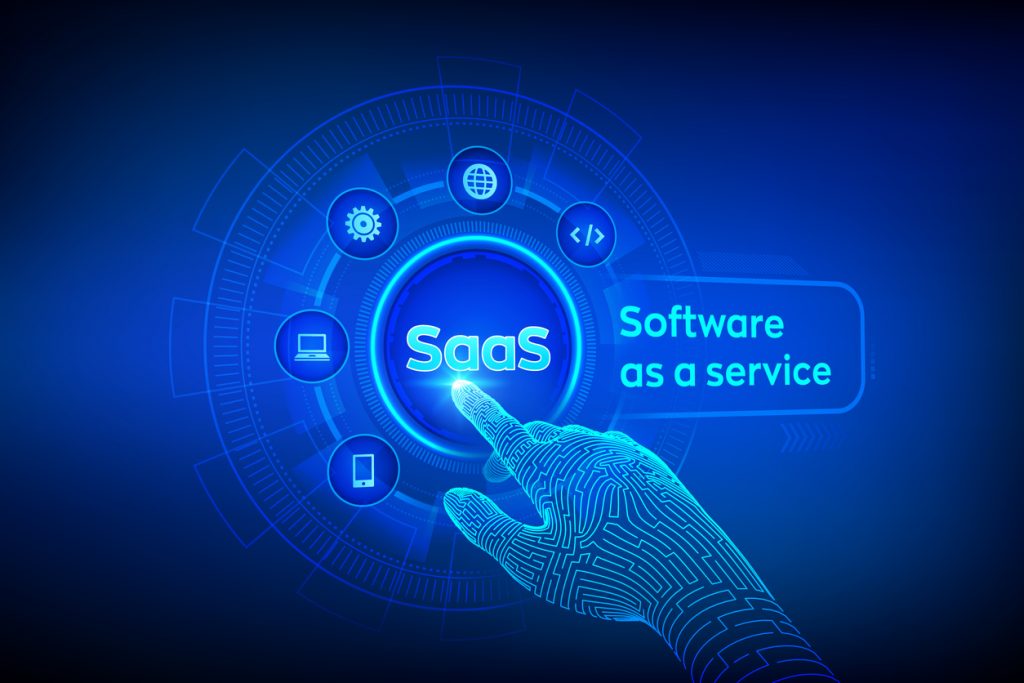
Software as a Service (SaaS) solutions include Office 365, G Suite and Salesforce where your data is stored in the cloud and accessed by you, from anywhere in the world.
Why you need SaaS backup
Businesses lose cloud data every day, even from Office 365, G Suite, and Salesforce. In fact “77% of companies that use SaaS applications suffered a data loss incident over a 12-month period”.
Google, Microsoft, and Salesforce are focused on fixing their own mistakes. But they’re not responsible when you make a mistake — or when a malicious act stops your business cold.
But wait…doesn’t Microsoft protect my Office 365 and SharePoint Online data?
As you’d expect, Office 365 and SharePoint Online come with Microsoft’s trusted security measures and data replication and recovery mechanisms. These ensure your data is as safe and available in the cloud as it was on-premises. This powerful system of protection is designed to guard against data loss caused by software malfunctions, hardware failure, power outages, and natural disasters.
For example, if a server in one of Microsoft’s data centres fails, it is highly unlikely that Microsoft will lose your data. Built-in redundancies and high-availability architectures ensure that your data will be available whenever you need it. Microsoft guarantees that their services, and your data, will be up 99.9% of the time. This means that you can be confident that you won’t lose data even if Microsoft has an infrastructure failure.
However, Microsoft can’t protect you from mishaps and failures on your side, such as accidental deletion, malicious user activity, ransomware, hacking, configuration errors, or programmatic errors such as synchronization and integration issues.While there are threats to your Office 365 data that Microsoft simply cannot prevent, third-party backup and restore solutions can protect against them. With the right solution in place—one that can handle backup and restores equally well—you don’t have to worry about lost productivity, data loss, or non-compliance.
Of course, the same principles apply to Google’s G-Suite as well.
Seven ways your Cloud SaaS data could be lost
- Human Error
Everyday human errors account for up to 64% of data loss incidents according to Aberdeen research. Employees inevitably delete the wrong email, contacts, or critical files.
- Illegitimate deletion requests
SaaS providers will honor your deletion request without question. They have no way of knowing if it’s a hasty (or malicious) request and they are not responsible for any unexpected results.
- Programmatic errors
Otherwise known as sync errors, those powerful tools designed to streamline business processes can ruin critical data in a flash — with no undo
- Hackers
Whether through technical means or social engineering, aggressive individuals and organizations are constantly inventing new tactics for getting to your data.
- Malicious Staff
Employee action is involved in up to 23% of all electronic crime events, according to the CERT Insider Threat Center at Carnegie Mellon University’s Software Engineering Institute.
- Malware and viruses
Rogue software can spread mayhem with programmatic efficiency without an active attack from a hacker. Many malware programs and viruses emerge from existing code after hibernation, making them especially hard to defend against.
- Ransomware
Beyond a typical cyberattack, these forms of industrial-scale extortion are becoming increasingly aggressive and expensive. Learn More
How to Protect your Data
Datto SaaS Backup Protection – Simple, Automated, and Secure backup of your cloud data
Pegasus Technology uses Datto’s SaaS Protection backup and recovery solution
It allows us to unlink your critical data from the user who created it and the application environment, and hands control back to your
business. Engineered to be the one-stop-shop for SaaS application backup, SaaS Protection delivers reliable and easy backups, speedy recovery, and secured data for your compliance and regulatory needs.
